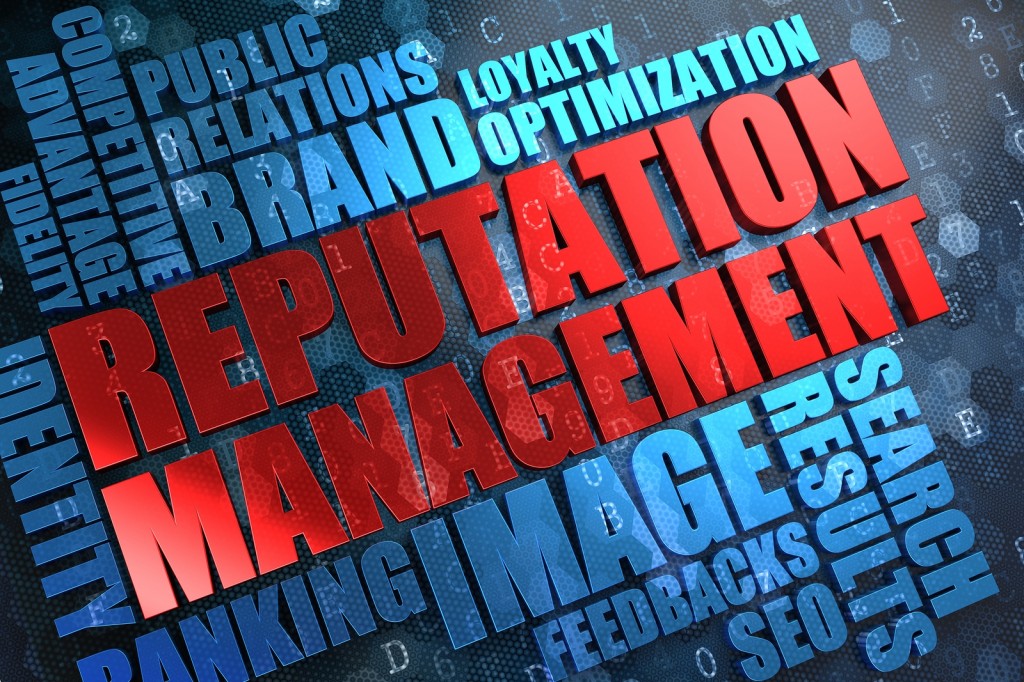Managing Your Online Reputation? Facebook Wants To Help
September 15, 2009
Because the site’s 122 million+ monthly visitors (according to July ’09 Compete stats) needed one more reason to use the social network, Facebook can now help its users in the fight to manage their online reputation.
Unlike its competitors who always seem to fail at adapting their service offerings quickly enough to match the constantly evolving landscape of social media/networking, Facebook has now added the ability to tag friends in status updates.
The ability to tag friends in updates isn’t particularly fascinating, especially for those who “tweet” regularly. But Twitter-tagging is limited in terms of effectiveness for online reputation management (ORM).
Why? Because anyone who has a unique username (“unique” = not the same name as your birth name) in Twitter loses out on ORM-benefit because the link text is irrelevant. When I have a Twitter conversation with “@bhawk988” (known to his friends and family as Kevin Doory), the link at the beginning of my Twitter message to him doesn’t help his profile rank for the search “Kevin Doory” in Google.
However, when tagging a friend in a Facebook status message, placing the “@” symbol in front of the person’s name creates an anchor texted, SEO-friendly link from your profile to your friend’s profile. It also creates a similar internal link to your Facebook page on your own Facebook wall. Check out these images below for an example of this concept at play:
How Facebook Tagging Can Help Protect Your Online Reputation
There is plenty of documentation out there stressing the importance of managing online reputation. Facebook tagging helps manage online reputation because a user profile earns a quality, authoritative, internal link with each tag in a Facebook status.
Anyone who was part of the Facebook username rush back in June and managed to secure their own name is likely concerned with their online reputation. Getting these internal links from across the Facebook universe to a Facebook profile naturally increases the authority of that profile. Those same links also improve the chances that a Facebook profile indexes in the Google search results for a related search term (like my Facebook profile for my name, for example).
Facebook tagging is likely to create a classic case of “he who has the most links wins” in search engine results for people and company names.
The implications of Facebook tagging don’t just end with the Google search results benefits, either. I don’t have confirmation on this, but look for Facebook tagging to begin to have an impact on internal searches within Facebook. If a searcher is looking for a certain “Jonathan Bentz” in Facebook, for example, the fact that I am tagged in more status messages than my co-Jonathan Bentz’s will likely cause me to rank higher than the others.
- By Jonathan Bentz, Link Architect


